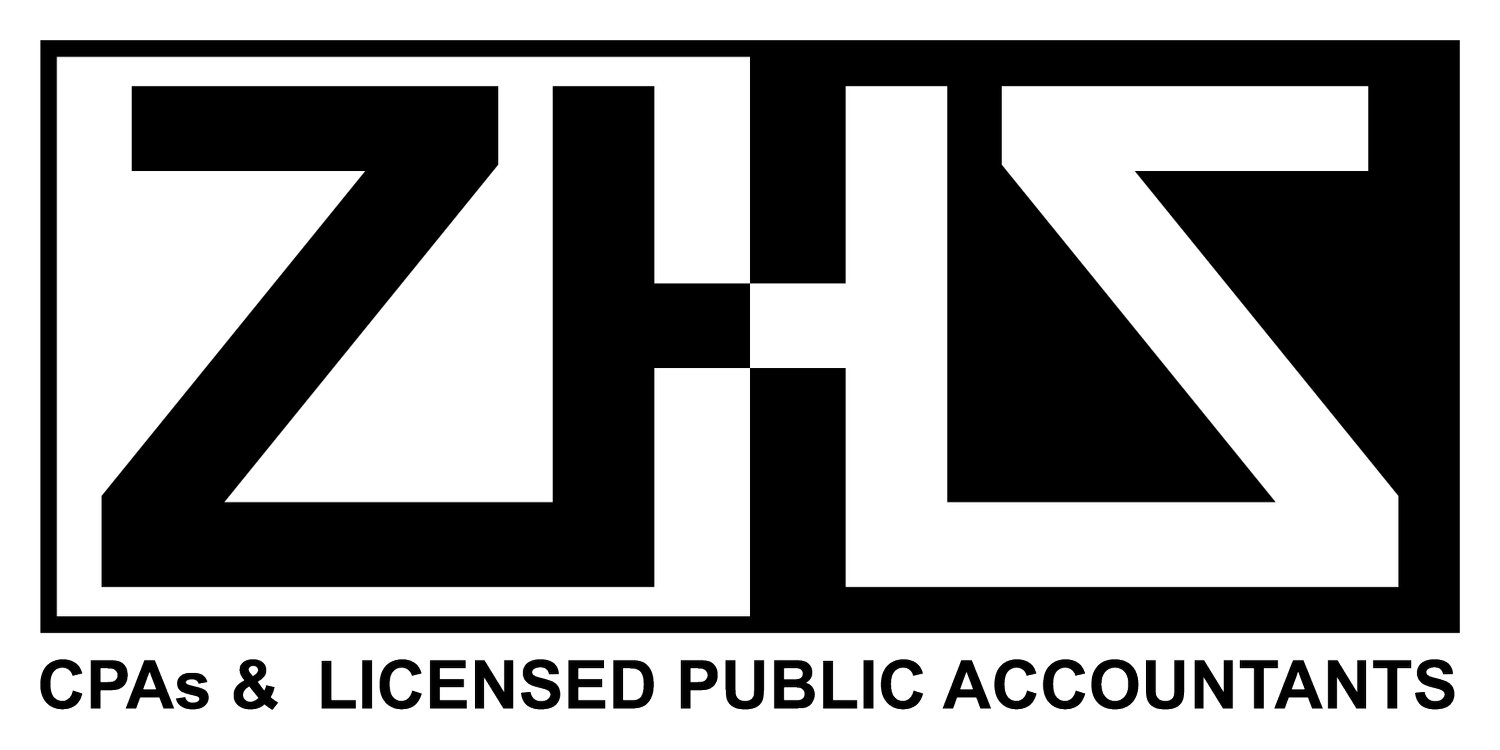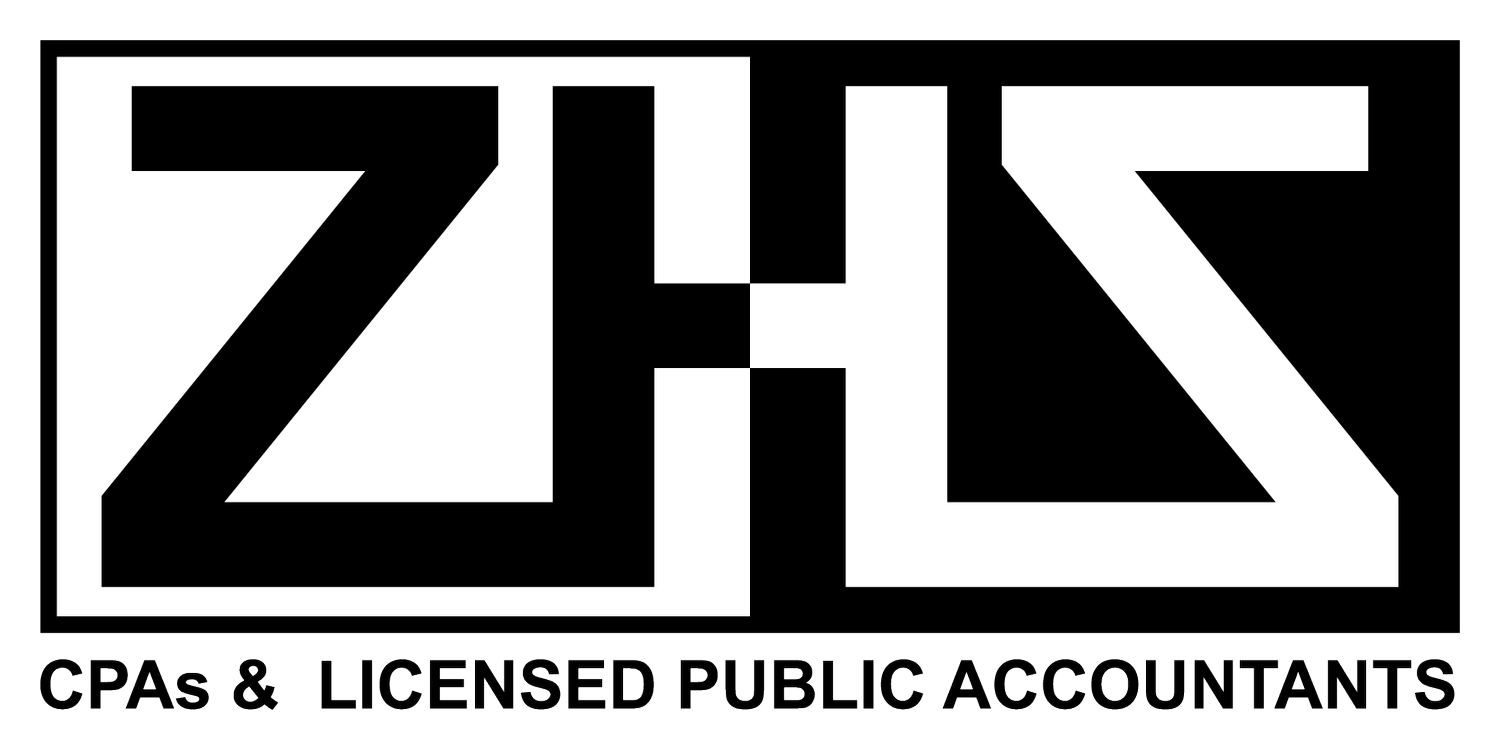Why year-round financial housekeeping can help your business
Meeting regularly with a CPA to establish and maintain a good framework is just one of the ways to set yourself up for success.
Ask any CPA and they will tell you there is no shortage of small business owners who struggle with the ins and outs of their bookkeeping and accounting chores.
“The biggest problem I see is lack of good bookkeeping,” says Brian J. Quinlan, CPA and partner at Campbell Lawless LLP in Toronto. “It’s not very sexy but, the fact is, they sometimes take the importance of bookkeeping too lightly. As a result, it can get quite messy by the time you get to your accountant.”
If you’re looking to get your business’ finances in shape, here is some expert advice from CPAs in the know.
1) Consider incorporating
Your first conversation should be with a CPA, as incorporating can play a significant role in access to tax incentives and deductions. A CPA can tell you whether becoming a legal entity is the right choice in terms of managing liability and risk.
“If an incorporated business is sold for example, there is the capital gains exemption,” explains Quinlan. “And, if an incorporated business fails and has to wind down, there are special rules about how to write off a loss that you can take advantage of.”
There’s also potential financial protection to the owner in such a case, as debts of the corporation may be limited.
Research and development investment tax credits, for example, also favour Canadian controlled private corporations, he adds. “They can help minimize the tax rate you pay but you need to be incorporated to get the Scientific Research and Experimental Development (SR&ED) incentive, the biggest one from the federal government.”
2) Make tax planning a year-round task
It always helps to think in terms of year-round accounting practices. In many cases timing is everything, says Quinlan. “You may be missing out or paying too much tax too soon.”
COVID has muddied the waters for many business owners. The list of incentives and conditions is a complicated one and can easily be overlooked, says Quinlan. “If you’re not asking your CPA questions, you may be missing some of those incentives.”
Bernie Keim, a CPA practising in London, Ont., says that with COVID credits and incentives, accurate bookkeeping is more crucial than ever. “These programs have added a level of complexity to business accounting,” he says. “If you don’t have accurate bookkeeping and accounting for the year, you could potentially run offside with some of them.”
“Tax time is not once a year when the media brings it to your attention,” says Kim Moody, CPA and CEO of Moodys Tax Law LLP in Calgary and author of Making Life Less Taxing. “There’s plenty of good software to do routine bookkeeping throughout the year so there’s no excuse.”
Expenses should always be tracked in real time, he advises. “CRA insists on real invoices or receipts. Showing a bill from Staples that isn’t itemized doesn’t cut it,” says Moody. You’re not going to remember the details of a dinner in February at year end. Trying to backfill is an uphill battle.”
3) Don’t mix business with personal
It’s pretty common for small business owners to mix personal and business finances, says Keim. “The first thing I tell clients is to never use a personal bank account for business expenses or transfer money between personal and business accounts, even if they’re a sole proprietorship. It can get quite messy once you start doing that,” he says.
It’s especially important not to do this if a corporation is being used. If this is the case, then plan to pay yourself dividends or a salary for personal cash needs. That way, while the salary is taxable for the individual, the corporation should be able to deduct it.
Expense tracking is a particularly thorny issue, notes Keim. “One pet peeve is someone buying gas for a truck and then going into the shop to get a candy bar all on the same receipt. You have to separate all that out,” he says.
“Governments don’t look kindly on people claiming personal expenses as business expenses,” says Moody. “Discussing business with your significant other over dinner does not constitute a deductible expense. Taking holidays pretending that you have a business meeting doesn’t make it deductible.”
A precarious area where small businesses can run into big trouble is paying family members for their services, says Hugh Neilson, CPA with Kingston Ross Pasnak LLP in Edmonton and member of the editorial board of Video Tax News. While it can be done, it has to be executed properly.
“If everything is coming out of the same pocket, you have to track what jobs they did, how long did it take them, what you paid hourly and if that’s a realistic number that you would have paid a third party,” he says. “You really have to dot the i’s and cross your t’s when paying family members.”
4) Keep working with your CPA
Meeting with your CPA two or three times a year for advice allows you to have data on a timely basis, says Moody. “Your tax affairs might be in better shape than you think.”
Sometimes business owners are afraid that talking to someone for 15 minutes will end up with a bill for $1,000, he adds. “Remember many (CPAs) offer free initial consultations. You never want to say to someone, ‘I wish you had talked to me before you did that’.”
When in doubt, it doesn’t hurt to sit down with a CPA and go over your first month of record keeping to see what you could do better, says Neilson, “If you think the cost of getting good advice is high, try not getting advice and see what it could cost you.”
These stories first appeared on CPA Canada’s online news site.

